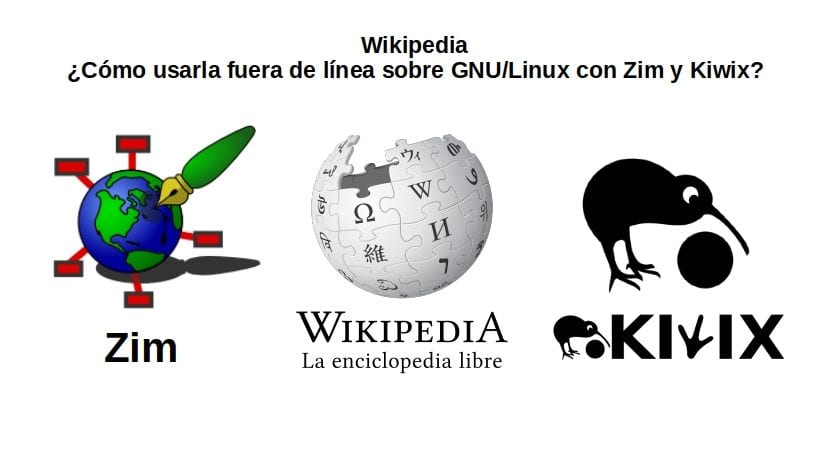
Wikipedia: How to use it offline on GNU / Linux with Zim and Kiwix?
«Wikipedia», the free, polyglot and collaborative online encyclopedia, can also be used offline on GNU / Linux by using the apps «Zim» y «Kiwix».
Which is extremely useful,since it allows to make use of the educational and informative contents of the same and other related projects in geographical areas, homes, institutions or organizations where there is no access to the Internet service, or it is too slow.
Zim y Kiwix are not the only projects currently available to be able to visualize the content of Wikipedia or any other Wiki completely offline (offline). They are also known among others, the project Nebpedia y xow, all equally good, but each with its own characteristics.
«Neblipedia» y «XowA» They are projects based on compressed files that can be started via script file terminal managed with «Java» and a browser-type graphical interface.
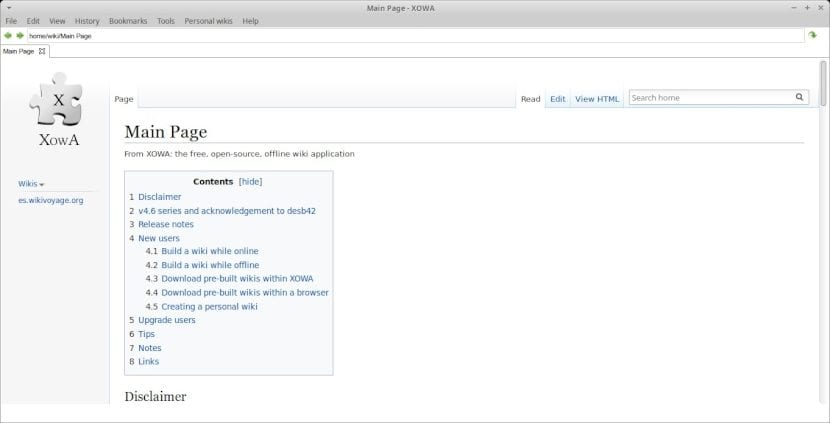
«Zim» is a small application (package) included in most of the Distros repositories «GNU/Linux», and «Kiwix» is a downloadable application available in «Appimage» y «Flathub». And while, «Zim» provides support for opening and reading the «archivos .zim», «Kiwix»provides the ability to view and manage content embedded within the «archivos .zim», that is, the content of the «Wikipedia».
Applications
Zim
«Zim» is a graphical text editor used to manage a collection of wiki pages. Taking into account that each page of it can contain links to others, which in turn contain simple formats and images. And where each of these pages is stored in a folder structure, as in a scheme, with their respective attachments.
Using«Zim» you can create, open, read and modify a«archivo .zim» in a very easy way. When editing a «archivo .zim» all its data is stored in plain text files in wiki format.
However, the app accepts plugins They provide additional functionality, such as a task list manager, an equation editor, a tray icon, and support for version control.
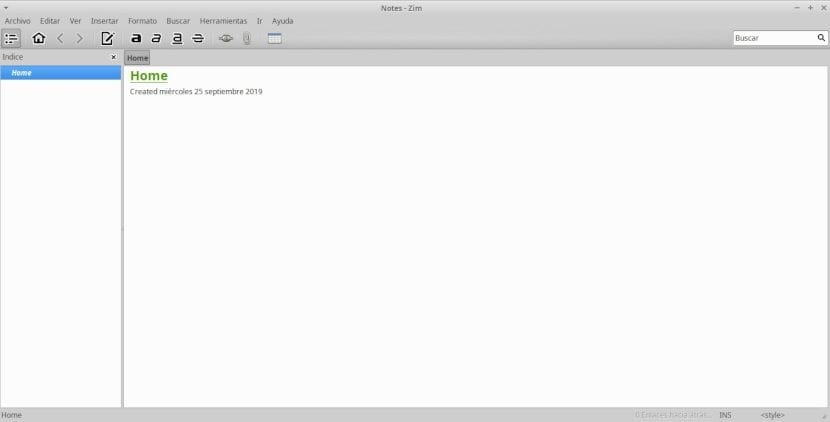
With «Zim»it is easy to manage a note file, keep a journal or weekly, a note of meeting, conference or brainstorming notes, organize roadmaps, draft email entries, draft entries for Websites and Social Networks .
In addition,«Zim» handles various types of markup, such as headings, bullet lists, and of course, bold, italic, and highlight. Managed text supports markup that is saved as text wiki so that it can then be easily edited with other editors. And thanks to its auto-save function, you can change pages and follow links while they are being edited, without major problems and worries.
Kiwix
According to its creators, «Kiwix» is
"Kiwix is free software that brings knowledge to millions of people around the world, even to remote locations. This can be in a school far from the city. A country with little accessibility to internet networks. In addition, it can be used to save data while traveling due to roaming. Wherever you go: Kiwix gives you access to Wikipedia, Gutenberg Projectat TED talks and much more, even without an available internet connection".
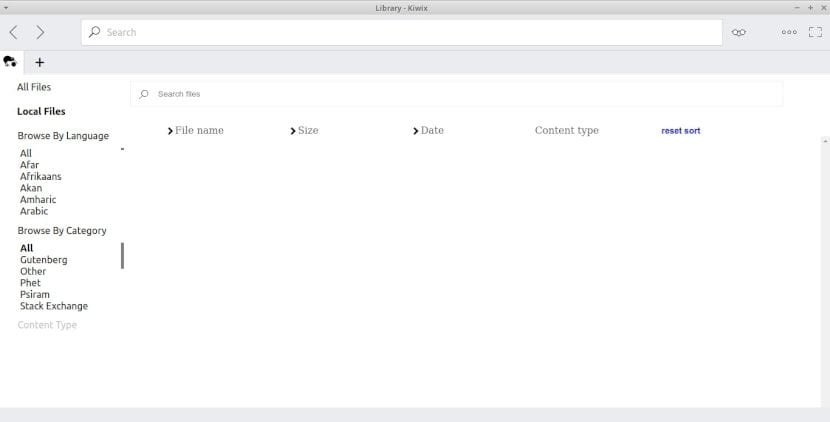
But basically, «Kiwix» is an offline reader, that is, it allows us to navigate through text or video that is normally only available on the Internet, that is, online content, but added within Zim files, which can be opened and read without the need for Internet connectivity.
And although, «Kiwix» itself comes without content files, they can be downloaded separately from the application library or from the repositories from the official website of «Kiwix».
Finally, these files come in several languages, and separated by type of content and with varied sizes to facilitate the management of the content that is needed. And as for your download and install, the same comes for mobile«Android e iOS», and for Computers with Operating Systems «Windows, Mac y GNU/Linux». For the latter it comes with installers available in format «Appimage» y «Flathub».
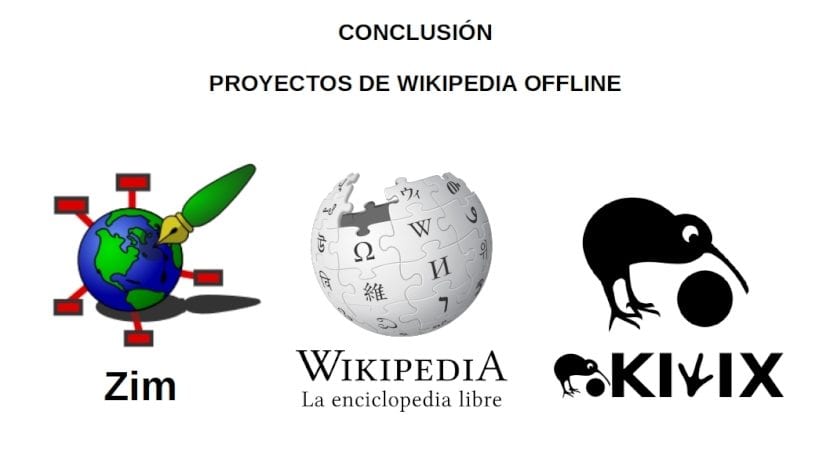
Conclusion
As we can see, about the«Sistemas Operativos GNU/Linux» if there are alternatives based on «Wikipedia» in order to have informative, educational and research content, in those cases where access to the Internet is scarce or null.
Yes this article, you liked and / or you use some of the mentioned applications, leave us your comments about it to enrich it and share these experiences with others.